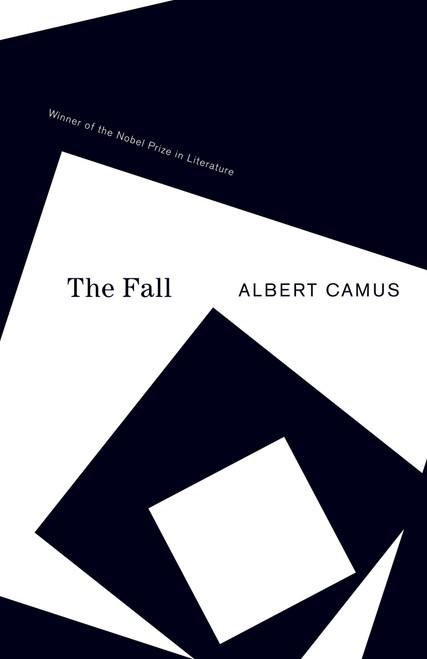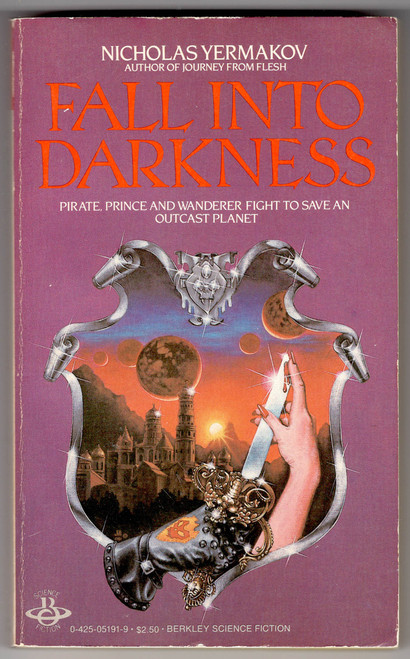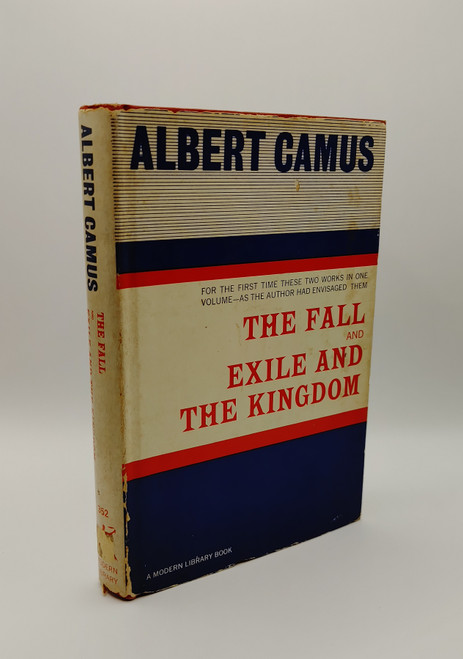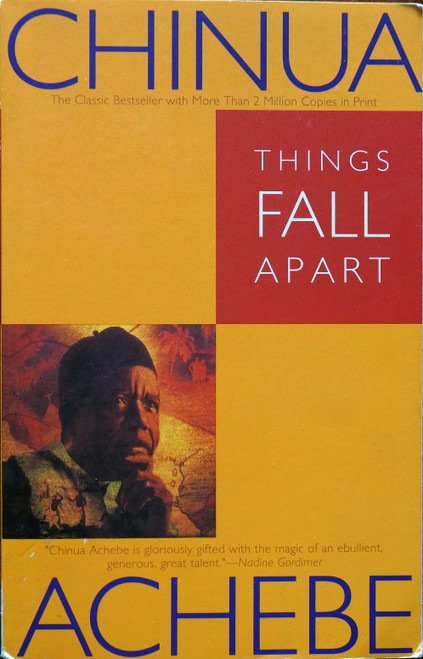The widely acclaimed bestseller that boldly and lucidly puts our current economic and political dilemmas into the perspective of world history. Paul Kennedy eloquently explains how the various national and international powers in the "modern" or Post Renaissance period have risen and fallen over the last five centuries since the formation of the "new monarchies" in Western Europe.
Editorial Reviews
"A fresh enlightenment of the problems of our own time." --Michael Howard, The New York Times Book Review
"Important, learned, and lucid...Paul Kennedy's great achievement is that he makes us see our current international problems against a background of empires that have gone under because they were unable to sustain the material cost of greatness; and he does so in a universal historical perspective of which Ranke would surely have approved." --James Joll, The New York Review of Books.
"Kennedy gives epic meaning to the nation's relative economic and industrial decline." --Newsweek
"His strategic-economic approach provides him with the context for a shapely narrative...Professor Kennedy not only exploits his framework eloquently, he also makes use of it to dig deeper and explore the historical contexts in which some 'power centers' prospered....But the most commanding purpose of his project...is the lesson he draws from 15 centuries of statecraft to apply to the present scene....[The book's] final section is for everyone concerned with the contemporary political scene." --Christopher Lehmann-Haupt, The new York Times
About the Author
Paul Kennedy is the author or editor of thirteen books, including Preparing for the Twenty-first Century and The Rise and Fall of the Great Powers, which has been translated into more than twenty languages. He serves on the editorial board of numerous scholarly journals and has written for The New York Times, Los Angeles Times, The Atlantic Monthly, and several other publications. Educated at Newcastle University and Oxford University, he is a former fellow of the Institute for Advanced Studies at Princeton University and of the Alexander von Humboldt-Stiftung in Bonn.







